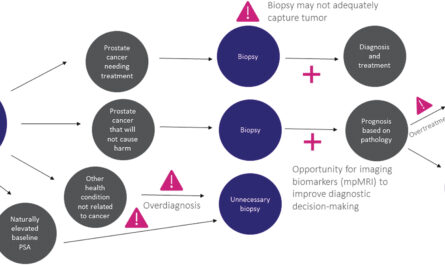The United States has been adding fluoride to its drinking water since 1945 to combat tooth decay. However, recent research indicates that fluoride consumption during pregnancy could pose risks to fetal development, particularly during the critical stage of brain development.
A groundbreaking study, spearheaded by researchers at the Keck School of Medicine of USC, analyzed over 220 mother-child pairs, gathering data on fluoride levels during pregnancy and child behavior at the age of three. The researchers discovered that a 0.68 milligram per liter increase in Fluoride exposure during pregnancy nearly doubled the likelihood of a child exhibiting neurobehavioral problems, approaching the threshold for clinical diagnosis.
Mothers with higher fluoride exposure levels during pregnancy reported more neurobehavioral issues in their 3-year-old children, including emotional reactivity, anxiety, and somatic complaints. Tracy Bastain, Ph.D., an associate professor of clinical population and public health sciences and senior author of the study, shared these findings.
Animal studies and research from countries like Canada and Mexico have previously shown that prenatal fluoride exposure can negatively impact neurodevelopment and lower early childhood IQ. This new study, which is the first of its kind in the U.S., adds to the existing body of evidence and emphasizes the importance of understanding the risks associated with fluoride consumption during pregnancy.
Ashley Malin, Ph.D., an assistant professor of epidemiology at the University of Florida’s College of Public Health and Health Professions and College of Medicine, led the research as a postdoctoral scholar at the Keck School of Medicine. She stated, “Our findings are significant because the women in this study were exposed to relatively low levels of fluoride, which are typical of those living in fluoridated regions within North America.”
The researchers aim to use these findings to inform policymakers, healthcare providers, and the public about the potential risks of fluoride consumption during pregnancy.
*Note:
1. Source: Coherent Market Insights, Public sources, Desk research.
2. We have leveraged AI tools to mine information and compile it.




